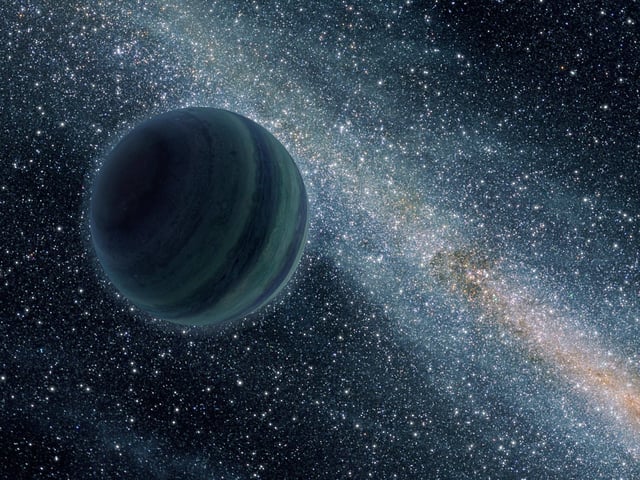Overview
- The object, Cha 1107-7626, sits roughly 620 light-years away in the Chamaeleon star-forming region and does not orbit a star.
- Astrophysical Journal Letters reports an accretion rate near six billion tonnes per second, the strongest yet measured for a planetary-mass body, according to an ESO release.
- Researchers estimate a mass between five and ten Jupiters and identify a circumstellar-like disk supplying material.
- The measured inflow varies over time, pointing to an episodic burst akin to accretion events observed in young stars.
- The team says the finding blurs lines between planet and star formation, with the object's origin unresolved between star-like collapse and ejection from a planetary system.
